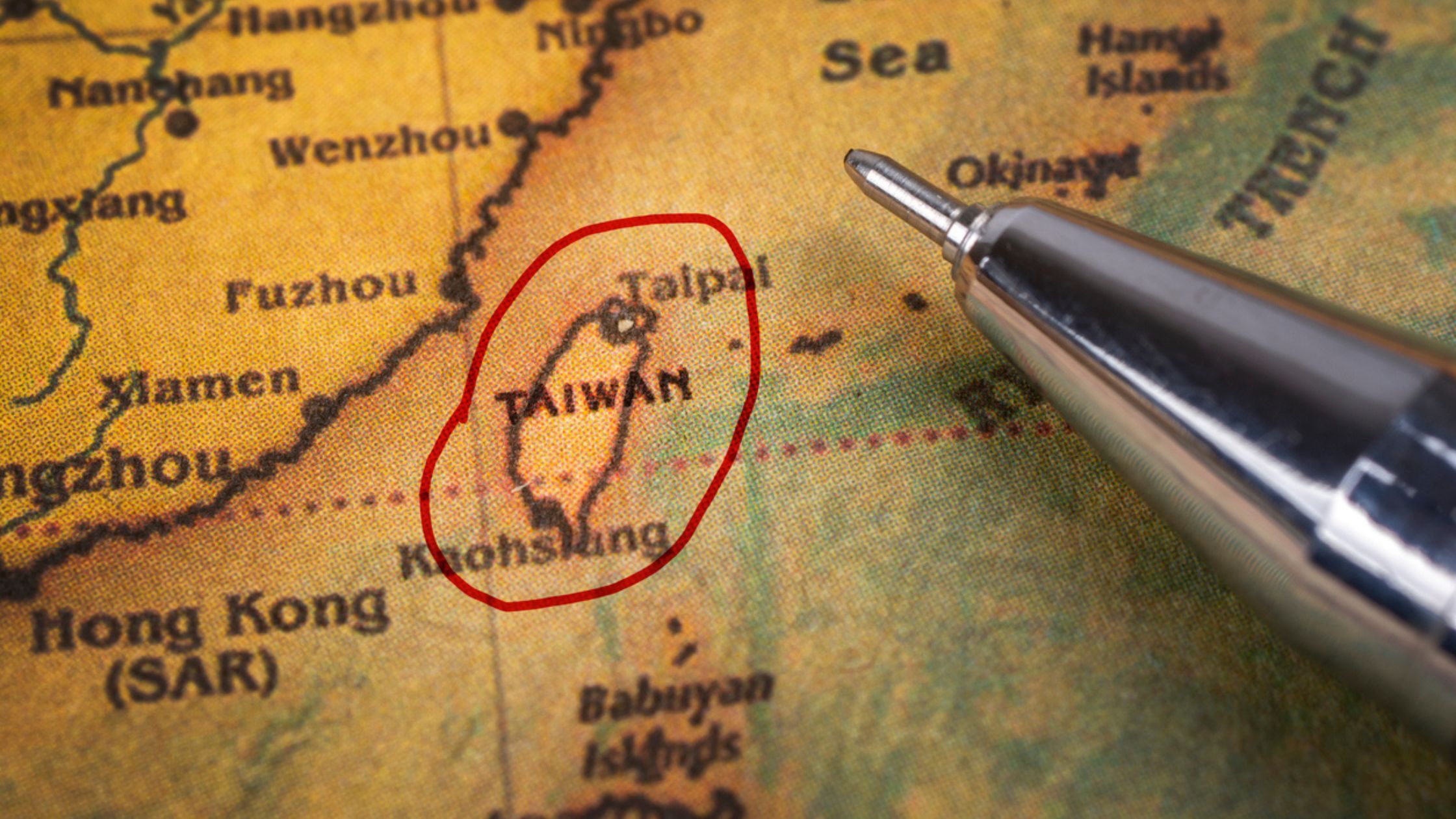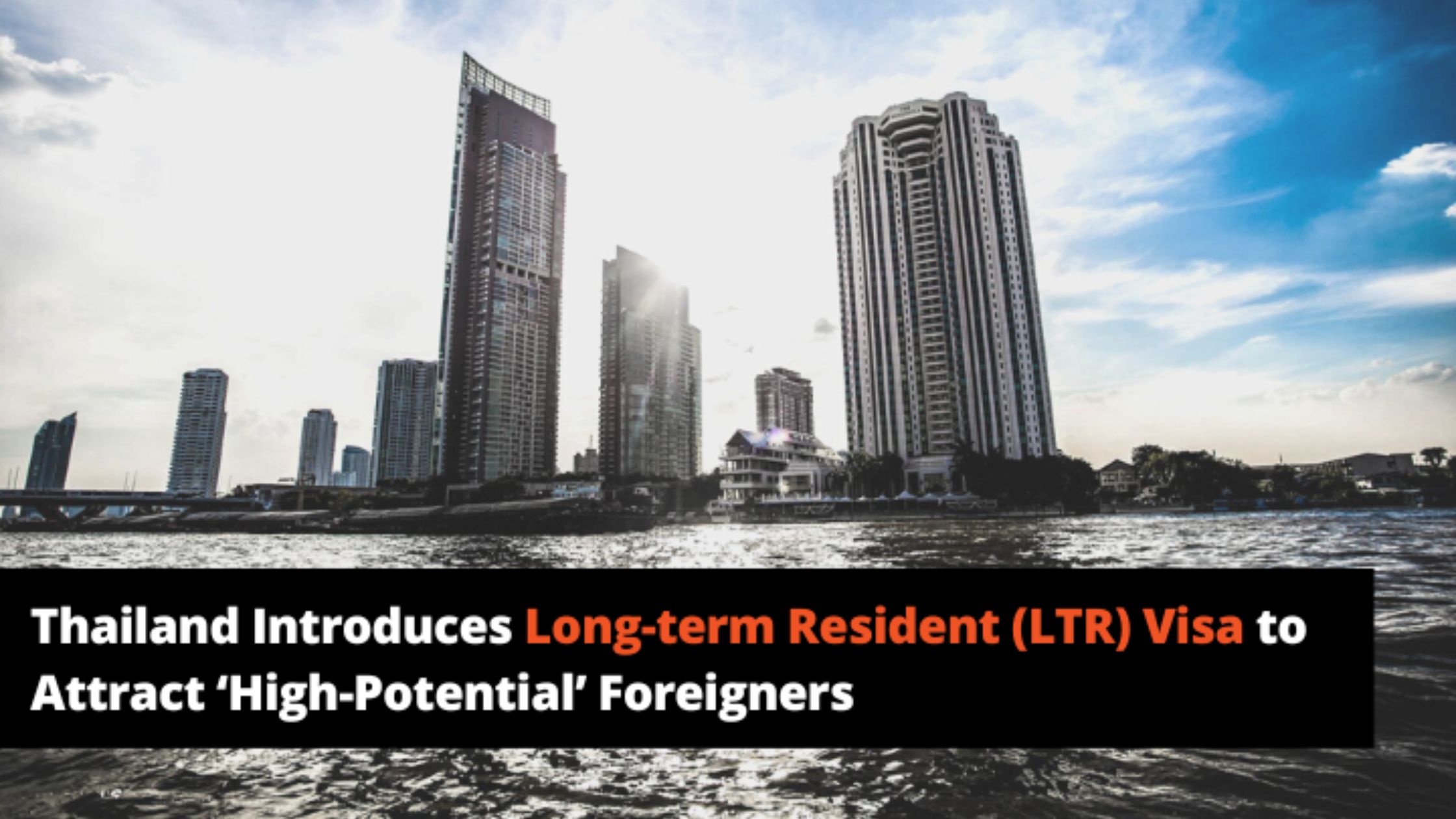September 21, 2022
INTRODUCTION 2023 will be a year of substantive climate change action as all EU market participants (EMPs) and China market participants (CMPs or together Financial MPs) will be accountable to comply1 with a plethora of rigorous and exacting disclosure requirements on how they are managing emissions. Given that China has been the largest CO2 contributor for the last decade2 and consistently responsible for nearly a third of the world’s emissions3 since 2018, it is in the best position to improve the global trajectory. The table below shows the top carbon emitters by jurisdiction. Accurate emissions measurement matters, given that significant change is required to adjust the current direction (shown below) and avoid impending issues caused by global temperature rise. This article describes the complexity of emissions measurement among multinational corporates in China and their related investment community, given the dynamic multi-jurisdictional regulatory landscape. It then demonstrates the current issues and concludes with a practical means to navigate them. GLOBAL REGULATORY MOVEMENT As mentioned, China and the EU have established significant systems (i.e., regulations and carbon measurement via their Emission Trading Systems (ETS)) that require immediate action from FMPs to meet 2023 mandatory reporting requirements. 2023 compliance deadlines should be feasible, given the impetus began in 2015 via COP214, where leaders5 pledged to have strategies implemented within five years. However, most regulatory announcements occurred around the five-year mark (2020) and have accelerated since. Most critical are the major emitters.6 Among them, the EU and China7 have made the greatest regulatory strides. Accordingly, FMPs in these markets are facing an imminent and arduous compliance feat. For example, in March 2020, the... September 15, 2022
Taiwan Updates Distance Learning IP Rules In response to current technological developments, educational policies, and pandemic measures, the Legislative Yuan passed partial draft amendments to the Copyright Act in a third reading on May 27, 2022. The amendments target aspects of distance learning such as the rules for fair use of copyrighted works, allowing teachers to provide classroom instruction without unnecessary worry. In accordance with digital education policies, the amendments also allow textbook preparers to transmit digital copies to teachers and students to promote the use of e-schoolbags as a replacement for the heavy backpacks that previous generations had to endure. The main amendments are as follows: Within the necessary scope of classroom instruction, teachers may offer reference materials or information to students online. This is in response to the pandemic situation as well as international technological development trends. Not-for-profit remote education may use copyrighted works but must still pay for copyright authorization. For-profit distance learning activities must acquire paid authorization also. Textbook preparers may transmit digital copies of copyrighted works to teachers and students for e-schoolbags unlike previously when only paper copies of textbooks were allowed to be distributed. Remuneration must be paid for the authorized use of copyrighted works under the new regulations. The National Central Library (NCL) will be allowed to digitally reproduce its collection in advance as a precaution against damage or loss. The NCL and affiliated libraries will also allow readers access to the digital collection via computers within the libraries. Taiwan Amends Guidelines to Accept E-signed POAs The Taiwan Intellectual Property Office (TIPO) is planning to revise the Patent Examination Guidelines to allow... September 15, 2022
Taiwan Updates Distance Learning IP Rules In response to current technological developments, educational policies, and pandemic measures, the Legislative Yuan passed partial draft amendments to the Copyright Act in a third reading on May 27, 2022. The amendments target aspects of distance learning such as the rules for fair use of copyrighted works, allowing teachers to provide classroom instruction without unnecessary worry. In accordance with digital education policies, the amendments also allow textbook preparers to transmit digital copies to teachers and students to promote the use of e-schoolbags as a replacement for the heavy backpacks that previous generations had to endure. The main amendments are as follows: Within the necessary scope of classroom instruction, teachers may offer reference materials or information to students online. This is in response to the pandemic situation as well as international technological development trends. Not-for-profit remote education may use copyrighted works but must still pay for copyright authorization. For-profit distance learning activities must acquire paid authorization also. Textbook preparers may transmit digital copies of copyrighted works to teachers and students for e-schoolbags unlike previously when only paper copies of textbooks were allowed to be distributed. Remuneration must be paid for the authorized use of copyrighted works under the new regulations. The National Central Library (NCL) will be allowed to digitally reproduce its collection in advance as a precaution against damage or loss. The NCL and affiliated libraries will also allow readers access to the digital collection via computers within the libraries. Taiwan Amends Guidelines to Accept E-signed POAs The Taiwan Intellectual Property Office (TIPO) is planning to revise the Patent Examination Guidelines to allow... August 30, 2022
Since the lifting of the strict lockdown in the first quarter of 2022 and the decrease in the number of COVID-19 cases, the Thai economy has shown signs of recovery. However, Thailand still faces a battle in bringing its economy back up to pre-pandemic levels in order to compete with its ASEAN neighbors, not to mention the world. Therefore, in June this year, the Royal Gazette formally announced of the introduction of an initiative between the Ministry of Interior (“MOI”), the Ministry of Labour (“MOL”), and the Board of Investment (“BOI”) in the form of a Long-Term Resident (LTR) visa that is designed to attract a new wave of foreign direct investment (“FDI”) and knowledge transfer experts. The Thai government anticipates that the scheme will attract over one million foreigners over the next five years, drawn by the low cost of living and vibrant lifestyle here. The LTR visa scheme is focused on making Thailand an even more attractive destination by simplifying the visa and work permit process and offering attractive incentives. It is hoped that this will bring extra investment into Thailand of more than THB 750 billion by 2026. The LTR visa will benefit certain foreigners and their dependents who meet the criteria set by the BOI which are divided into five categories. The concept of the LTR visa was introduced last year and has been updated on an ongoing basis. Based on the Cabinet’s resolution in the previous year, most of the core qualifications still remain the same. However, there are new additional criteria that the applicants need to meet as stipulated by the BOI as... August 24, 2022
TIPO and TWPAA Co-host Awards Ceremony for the Patent Specification Drafting Competition The Taiwan Intellectual Property Office (TIPO) partnered with the (TWPAA) on April 26 to host Embracing IP to Chase Dreams – the 2022 Entrepreneur’s Forum, which is part of the 2022 World IP Day series of events. The Patent Specification Drafting Competition for Youth was held concurrently in 3 separate locations in North, Central and South Taiwan, and attracted a total of 29 teams of students from 19 Taiwan colleges to participate. Contestant teams took classes and competed over a period of two days, and a panel of judges consisting of industry experts and government officials chose 3 teams as the winners. As a yearly event, TIPO hosts various events to celebrate World IP Day. This year, as part of the theme – IP and Youth: Innovating for a Better Future – the drafting competition was one of a package of activities intended to inspire creative thinking. During the two days of the event, undergraduate students were introduced to basic concepts in IPR and patent specifications, and with the guidance of professional instructors, the teams could practice converting creative ideas into tangible IP assets. Taiwan Tightens Requirements before Allowing Investment in China The provisions of the Regulations Governing the Approval of Investment or Technical Cooperation in Mainland China have been amended. In order to protect the IP of Taiwanese firms, the April 2022 revisions have broadened the definition of technical cooperation. This means that the transfer and licensing of computer program copyrights are subject to restriction. Also, the transfer of investments to individuals or entities in China... August 24, 2022
TIPO and TWPAA Co-host Awards Ceremony for the Patent Specification Drafting Competition The Taiwan Intellectual Property Office (TIPO) partnered with the Taiwan Patent Attorneys Association (TWPAA) on April 26 to host Embracing IP to Chase Dreams – the 2022 Entrepreneur’s Forum, which is part of the 2022 World IP Day series of events. The Patent Specification Drafting Competition for Youth was held concurrently in 3 separate locations in North, Central and South Taiwan, and attracted a total of 29 teams of students from 19 Taiwan colleges to participate. Contestant teams took classes and competed over a period of two days, and a panel of judges consisting of industry experts and government officials chose 3 teams as the winners. As a yearly event, TIPO hosts various events to celebrate World IP Day. This year, as part of the theme – IP and Youth: Innovating for a Better Future – the drafting competition was one of a package of activities intended to inspire creative thinking. During the two days of the event, undergraduate students were introduced to basic concepts in IPR and patent specifications, and with the guidance of professional instructors, the teams could practice converting creative ideas into tangible IP assets. Taiwan Tightens Requirements before Allowing Investment in China The provisions of the Regulations Governing the Approval of Investment or Technical Cooperation in Mainland China have been amended. In order to protect the IP of Taiwanese firms, the April 2022 revisions have broadened the definition of technical cooperation. This means that the transfer and licensing of computer program copyrights are subject to restriction. Also, the transfer of investments to individuals... Upcoming Events
Recent Past Events














